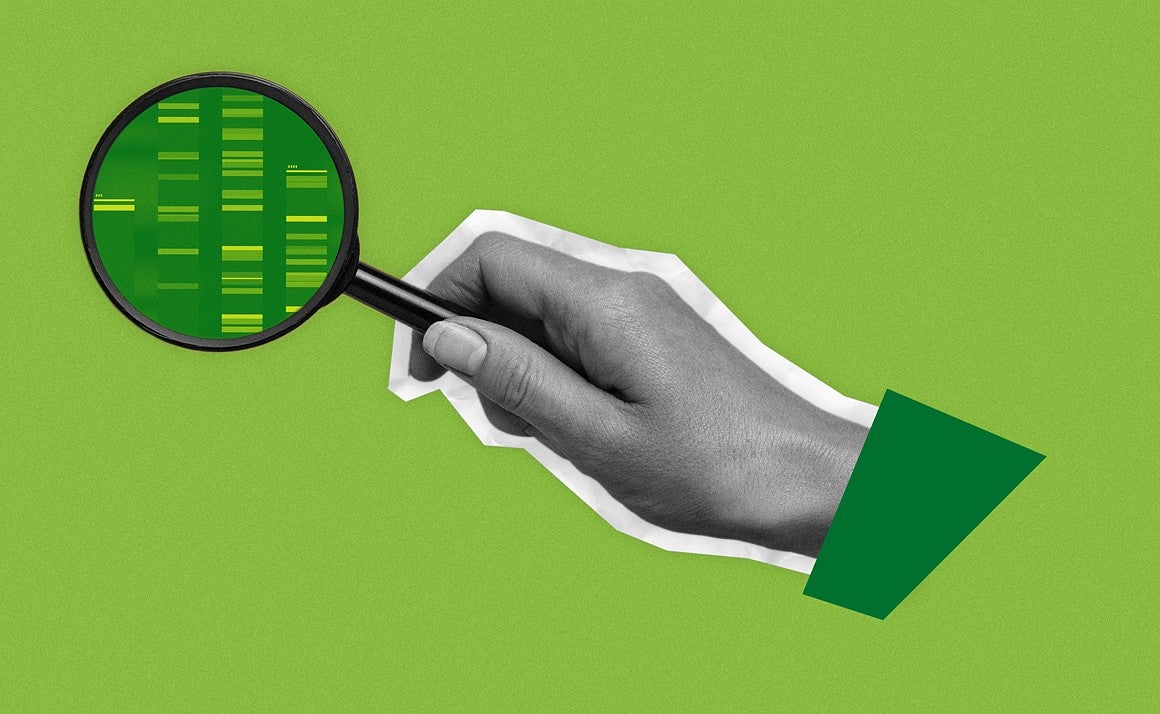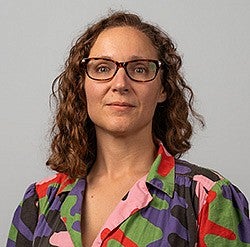
DNA analysis is less accurate for certain groups of people
A UO study drills into the limitations of a common forensic technique used at crime scenes
That swab of DNA from a door handle or drinking glass isn’t always a foolproof way to determine who committed a crime.
DNA mixture analysis can be powerful when used correctly, but it’s crucial to understand the technique’s limitations and when it should be wielded with particular caution, said Rori Rohlfs, a data scientist at the University of Oregon who led the work alongside a group of undergraduate researchers from San Francisco State University.

Rohlfs and her team wanted to see how the accuracy of that approach is affected by people’s genetic ancestry. They combed through previously published genetic databases to get data on the frequency of certain genetic variants for groups of people with different genetic ancestry. Then, they used forensic analysis software to simulate profiles of individuals, as well as mixtures of DNA representing groups of people from different genetic backgrounds.
In mixtures with lower genetic diversity, the team found the technique was more likely to yield a false positive; that is, to incorrectly link someone to the mixture who wasn’t actually involved. And the problem worsened when the mixture contained DNA from more people.
"The accuracy of DNA mixture analysis really varies by genetic ancestry,” Rohlfs said. “Groups with less diverse genetic variants are going to have higher false inclusion rates for DNA mixture analysis, and this gets worse when you have more contributors.”
The study involved simulated genetic mixtures generated from complex datasets, so the researchers can’t specifically say that the technique is less accurate for certain genetic ancestry groups. Plus, traditional race and ethnicity labels are often overly broad and don’t always accurately map to genetic ancestry, Rohlfs said.

But some examples of groups that might have less genetic diversity include certain Indigenous, Latine or Pacific Islander groups.
Rohlfs is currently building up her lab at the UO, and she hopes to continue investigating the accuracy of other emerging forensic DNA analysis techniques.
Explore data science
The UO’s degree program in data science helps students extract knowledge and insight from complex big data, advancing society by unraveling mysteries, predicting trends and driving change.

